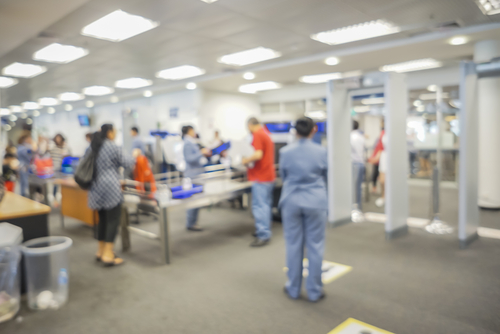
The Transportation Security Administration (TSA) recently began posting notices at airports to inform travelers that the agency will begin enforcing REAL ID requirements at airport security checkpoints beginning in Jan. 2018.
The REAL ID program stipulates that any traveler suing their state-issued driver’s license or identification card for boarding commercial aircraft may only use such documents if they are issued by a REAL ID-compliant state or a non-compliant state with an extension.
The notification follows a recent announcement issued by U.S. Department of Homeland Security Secretary Jeh Johnson regarding the final phase of the REAL ID Act. While REAL ID-compliant documents will become the standard for commercial air travel, passengers may continue to use other forms of identification such as a passport, military ID or permanent resident card.
“At present, 23 states are fully compliant with the REAL ID Act, and the department has used its authority to grant states extensions when they demonstrate steps toward compliance,” Johnson said in his original announcement. “Thus, 27 states and territories have been granted extensions for a period of time to become compliant. Six states and territories – Illinois, Minnesota, Missouri, New Mexico, Washington, and American Samoa – are noncompliant and do not currently have extensions.”
The act was passed in 2005 and established minimum security standards for state-issued driver’s licenses and identification cards, while prohibiting federal agencies from accepting identification cards from states that are non-REAL ID Act compliant. The department will continue to work with states to encourage compliance and may grant extensions or determine compliance for additional states as warranted.




